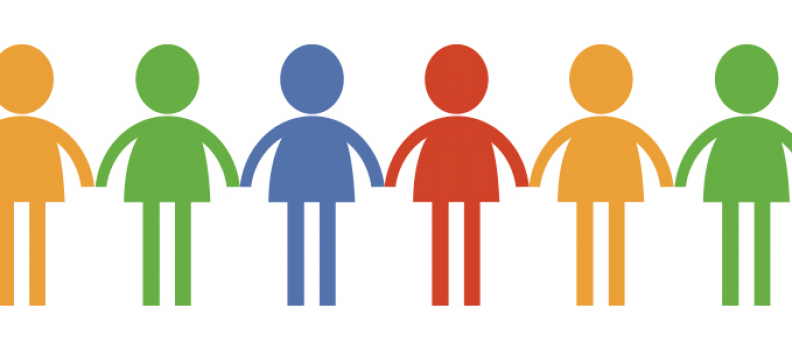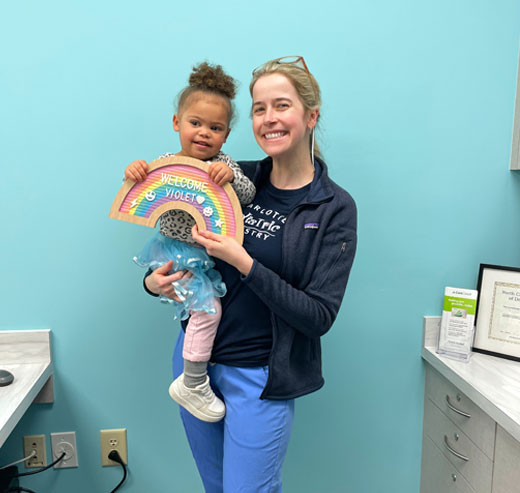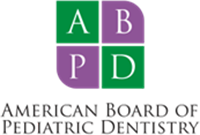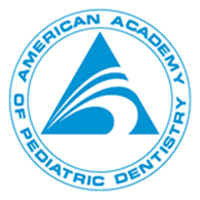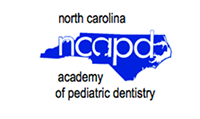As a parent of a child with special needs, you know there can be challenges in completing routine tasks, like a dentist's office visit. That’s why it’s important to make sure you do your research when choosing a pediatric dentist for children with Autism. This helps to ensure they understand the needs of your child, and that the dentist has the necessary experience to provide services.
The Rising Rates of Autism in North Carolina
About 1 in 88 American children have autism or similar disorders, and the prevalence in North Carolina is even higher, according to new estimates from the Centers For Disease Control.
That’s a jump of 23 percent since the last national estimate of autism spectrum disorders two years ago.
The numbers are just estimates, and researchers acknowledge that the increase is attributable at least partly – and perhaps greatly – to increased awareness about the disorders and greater ability to diagnose them, rather than more kids developing ASDs.
ASDs are developmental disorders that include autism and Asperger’s syndrome, and are characterized by trouble with social interaction and communication. Symptoms usually start before the age of 3, and include repetitive behavior such as repeating actions or words, and obsessive adherence to routines.
The CDC estimates the prevalence of autism spectrum disorders in the nation every two years using a monitoring network with teams at 14 sites across the country that tally cases among 8-year-olds. The new numbers were based on data from 2008.
The North Carolina estimate came from an 11-county chunk of the central part of state including Wake, Durham, Orange and Chatham counties, and the major Triad counties. In that area, nearly 1 in 70 children were estimated to have been diagnosed – up from 1 in 96 in the 2010 report.
One valuable aspect of the estimate is that it helps the public and policy makers understand how big a problem ASDs are, said Julie Daniels, an associate professor of epidemiology in maternal and child health at the UNC Gillings School of Global Public Health, and leader of the team responsible for the North Carolina part of the estimate.
Among other things, more attention for ASDs could lead to diagnosis at earlier ages, which is important because early treatment has been shown to improve patient outcomes.
“For most, while it doesn’t cure, it helps parents and kids handle things better, gives them a better quality of life, and allows them to do better in managing the symptoms,” Daniels said.
ASDs are significantly more common in males, and in this state the new estimates suggest 1 in 43 boys have one of the disorders, compared with 1 in 196 girls.
Choose Charlotte Pediatric Dentistry for Your Child with Special Needs
Fortunately, the pediatric dental specialists at Charlotte Pediatric Dentistry have advanced training beyond dental school that allows them to interact positively with children with special needs. This includes using behavior management solutions and sedation techniques that can help your child feel safe and relaxed. Our office is fully equipped to accommodate all special needs children, allowing us to administer care in an environment that’s comfortable for your child.
It’s important to communicate with the pediatric dentist any physical or medical conditions, allergies, medications, or behavioral needs that your child has. Our staff members and dentists work closely with parents to develop a personalized dental care plan that meets your child’s unique needs.
Oral Hygiene Tips for Special Needs Kids
Day-to-day chores like brushing teeth can be difficult for children with special needs, and their parents. There are a few ways to make these daily tasks easier and maintain healthy teeth and gums for your child. Our Charlotte pediatric dentists recommend using larger handled toothbrushes for kids with limited dexterity and specialty toothpastes and mouth rinses to prevent decay. It’s also best to limit foods high in sugar and carbs that can breed bacteria and cause tooth decay.
Pediatric Dentistry for Children with Autism
One of the first steps of taking care of your child’s dental health, is choosing a pediatric dentist with the prior experience of providing care for other children with autism. Be sure to ask that question when seeking out a new dentist.
You can also make your child more comfortable by familiarizing themselves with the tools that will be used. Consider purchasing a plastic toy set of dental tools that your child so your child can become acquainted with them. Next, you should communicate with your child about what they will be experiencing and what they should expect. If you’re unsure of the steps and what will happen during the appointment, you can reach out to Charlotte Pediatric Dentistry to learn more. Reviewing these expectations with your child can help reduce anxiety on the day of the appointment.
If you have any other concerns about your child’s needs at the pediatric dentist, call Charlotte Pediatric Dentistry so we can help put you at ease before your child’s appointment.
